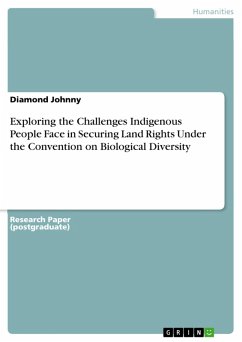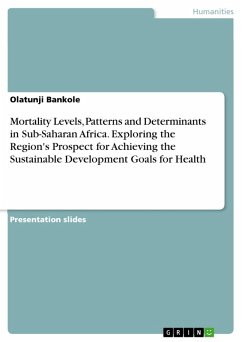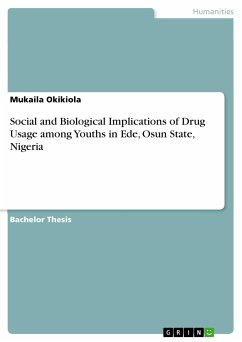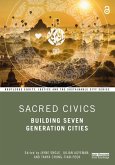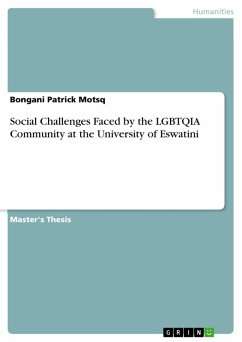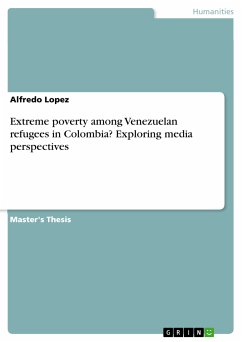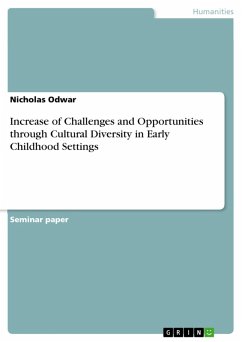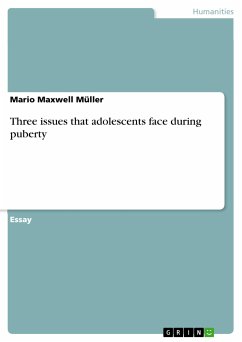Research Paper (postgraduate) from the year 2024 in the subject Sociology - Individual, Groups, Society, grade: A+, , course: Environmental Science, language: English, abstract: This paper highlights the crucial issue of land rights for Indigenous peoples within the Convention on Biological Diversity scope and its consequential impact on biodiversity conservation and the protection of traditional knowledge systems. Indigenous communities, inherent stewards of richly biodiverse territories, have struggled amidst inadequate legal recognition to secure land rights, which poses risks to their cultural heritage and the success of global conservation initiatives. Despite acknowledging their roles by the CBD, these communities often confront substantial barriers to legitimizing land rights. This paper posits that integrating Indigenous methodologies, which include traditional ecological knowledge, community-based conservation practices, and sustainable resource management, into formal conservation programs bolstered by robust policy frameworks can lead to significant advancements in conserving biodiversity. By examining case studies and academic analyses, this discourse will illustrate the empowerment of Indigenous peoples and the enhancements that result in biodiversity conservation efficacy. By unearthing Indigenous peoples' multifaceted adversities in claiming land rights under the CBD and presenting feasible intercessions, this paper seeks to express the indispensability of embedding Indigenous perspectives into conservation efforts. This action is paramount for securing Indigenous land rights and reinforcing their indispensable contributions to preserving global biodiversity.
Dieser Download kann aus rechtlichen Gründen nur mit Rechnungsadresse in A, B, BG, CY, CZ, D, DK, EW, E, FIN, F, GR, HR, H, IRL, I, LT, L, LR, M, NL, PL, P, R, S, SLO, SK ausgeliefert werden.
Hinweis: Dieser Artikel kann nur an eine deutsche Lieferadresse ausgeliefert werden.

